After abandoning his home in Israel in order to escape the military draft, then fleeing South Africa during the height of the apartheid era, ASL teacher Mr. Dano Kaufmann knows very personally humanity’s capability to destroy.
Yet, as one looks up at the 6’7’ teacher’s face, his eyes grin behind his glasses.
The second-to-youngest out of four brothers, Mr. Kaufmann was born in Israel. Throughout his childhood, he spent Friday nights and Saturday mornings at synagogue, and through his family and friends, grew up learning Hebrew, German, French, and some Arabic, Aramaic, and Italian.
Almost every night, the Kaufmanns entertained guests over Mediterranean foods like falafel, babaganoush, shawarma, and halva.
“Anytime you wanted to come in, the door was always open. That’s the mind-set we were all in growing up, just inviting people into the home, welcoming people, giving people food when they didn’t have any food,” he said.
Mr. Kaufmann’s father Eli served several years as a commanding officer for the tank brigades of the Israeli military. In 1981, when his older brother Eric turned 15, his mother Norma feared that Israel’s mandatory military draft for all 17-year old males would eventually claim her son.
“There’s no way that I am sending my children, my boys, my blood, my flesh, my everything, through the military just to have a 50/50 chance that they come home alive,” said Mr. Kaufmann, paraphrasing his mother’s words.
After experiencing several “close calls” with Eli during his terms of service, and with the pressure of the upcoming draft, Norma vowed she was done with the Israeli military. Pleased by the relaxed lifestyle Norma had experienced in South Africa while growing up, the family moved, arriving in Johannesburg the same year.
“There wasn’t that connection with the community, that social connectivity,” said Mr. Kaufmann, comparing Johannesburg to Israel. “We didn’t feel included; we didn’t feel that “family” that we had in Israel, that sense of family, not just in our family, but I’m talking about everything.”
Settled in Victory Park, a suburb of Johannesburg, Mr. Kaufmann credits a majority of his bad memories to his elementary school, King David Academy, located just two miles from his house.
The cause of his agony: “a man of 5’1’ with a “Napoleon Complex,” the headmaster of the school.
Mr. Kaufmann, who stood 5’7’ at the beginning of his first school year in Johannesburg, was, by the command of the headmaster, placed in a grade higher than the appropriate “standard one” level.
The headmaster enrolled him in all advanced courses, including English, of which he could not speak a word. “Oh come on! You’re too big for that class. I’m going to put you in the more advanced class,” said Mr. Kaufmann, paraphrasing the headmaster’s reasoning for his decision.
He was later caned by the same administrator for not having his homework. “He had me take off my trousers, stand against the wall and he pulled out the reed.”
“ He was really fierce: ‘You don’t do your homework here?!’ WAH-PSSH”(Mr. Kaufmann mimics the motion of swinging a baseball bat) “One. ‘That’s for no homework!’ WAH-PSSH. Two. “You do your homework!’ WAH-PSSH. Three times.”
Four years later, in 1985, Mr. Kaufmann and his brothers Ron and Roy were taken out of King David Academy and enrolled in a different school. However, by that time, the apartheid civil war, which had progressively grown over the years, reached its pinnacle.
According to Kaufmann, in South Africa in 1985 people disappeared right and left. Drivers were no longer allowed to stop their cars at red lights.
Mr. Kaufmann recalls helicopter gunships flying over places like malls, searching for “tribesmen” or black people to slaughter. “I remember just running to our cars, or running to the underground garage to find shelter from the flying bullets.”
His father, who had gotten lost driving home one day, witnessed people being burned to death. “My dad saw, with his own eyes, people being burned alive.” Mr. Kaufmann said. “Black or white, they would hijack people and tie them up and put rubber car tires on them and set them ablaze.”
He described the country’s apartheid era as “people just killing for the sake of killing, just a very raw hate.”
Mr. Kaufmann said, “I was always drawn up with this familiarity: you’re a human being and I’m human being. Let’s eat, let’s have some good food – I don’t care. I never saw color, it wasn’t about that.”
By 1986, the Kaufmanns were ready to leave. “We had family that was under duress; we had friends that were tortured, people that we knew that were murdered.”
Within the year, Eli and Norma sold all of their assets and liquidated everything, in return purchasing diamonds.
As reported by Mr. Kaufmann, South Africa’s political situation only allowed leaving families to take less than $2,500 out of the country. Knowing that was not enough to support the family, Eli had fake pistons installed into the two Harley Davidson motorcycles he had bought from America years before. Eli hid the diamonds in the pistons of the motorcycles and had them, along with his family, flown to America.
After a thirty-hour flight, the family settled in their house in University City, spending the night on the floor in sleeping bags. The next day, June 21,1986, the Kaufmanns took a surprise trip to the Hawaiian Islands.
It was during these four life-changing weeks in Kauai and Maui that Mr. Kaufmann discovered ‘ohana’, and the ‘aloha’ spirit.
Starting from the minute he stepped off the plane, Kaufmann’s experience was overwhelmed with hugs. “I felt that ‘family’, I get goose bumps just talking about it,” said Mr. Kaufmann.
“We lived in South Africa for six years, and not one hug. Everyone was saying, “What do you think you’re going to hug me? I don’t know you!”
Regaining that experience of unity seemingly lost in Israel, Mr. Kaufmann said, “Ohana means family. This sensation of ‘ohana’ and ‘aloha’ just really ingrained in me the decision to go back there.”
He returned to the islands every year after that, for eight years straight, and was married to his wife Karrie Lynn, also a sign language interpreter, in Kauai. Kaufmann has a condo on the island, and spends some summers there with Karrie Lynn and his 13-year old son, Anthony.
Mr. Kaufmann keeps the islands close by, taking time in the day to close his eyes and visualize sandy beaches, and listening to island music and reggae from artists like Ziggy Marley, and Katchafire. Mr.Kaufmann even painted the walls inside his house hues of turquoise to match Hawaii’s waters.
When asked what he meant by the ‘aloha’ spirit, Mr. Kaufmann said, “I try to do unto others as I expect done unto me. I don’t expect much from people so much as a smile. That lifestyle just really touches my heart and soul. It just feels really good.”
Whenever someone cuts him off on the freeway, instead of flashing the reckless driver the “finger”, according to Kaufmann he doesn’t retaliate, and even sometimes prefers to flash the ASL “I love you” sign.
“(Being cut off) would upset me initially, but I’m like “aloha”. If I get home in ten minutes or thirty minutes, ‘Have a nice day.’ Just crank up the reggae.”
Kaufmann concluded, “From experiencing militant, war-torn Israel, from experiencing a political turmoil in South Africa and from seeing such destruction by humans, (I saw) what humans can do when they hate each other. From having family who perished in the Holocaust, grandparents who never escaped, and being persecuted just for the fact that I’m Jewish, or being treated (a certain) way because of my height or the way I speak – (I’m now) finally having … this connection, call it God, call it ‘aloha’, call it ‘one with the universe’, whatever you want to call it, that’s what (I found in) Kauai.”
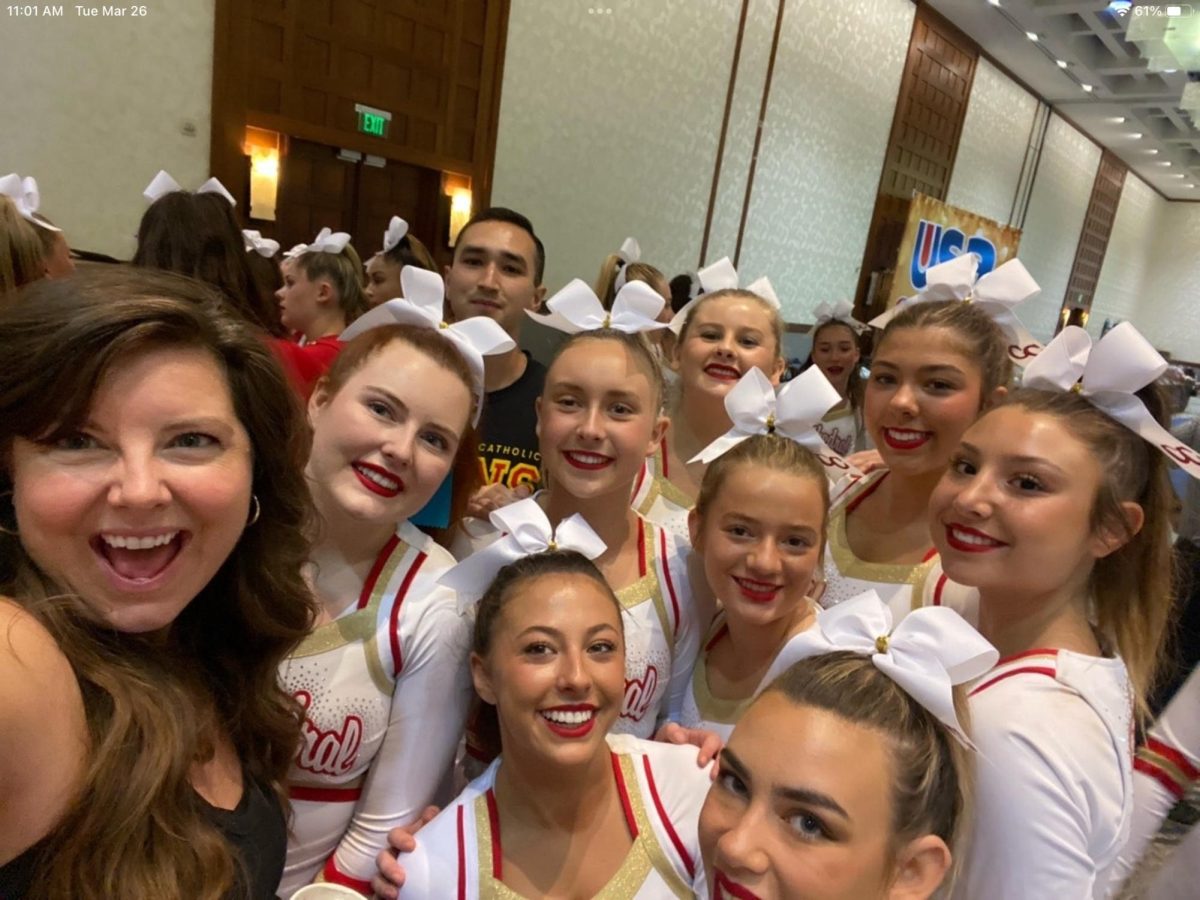
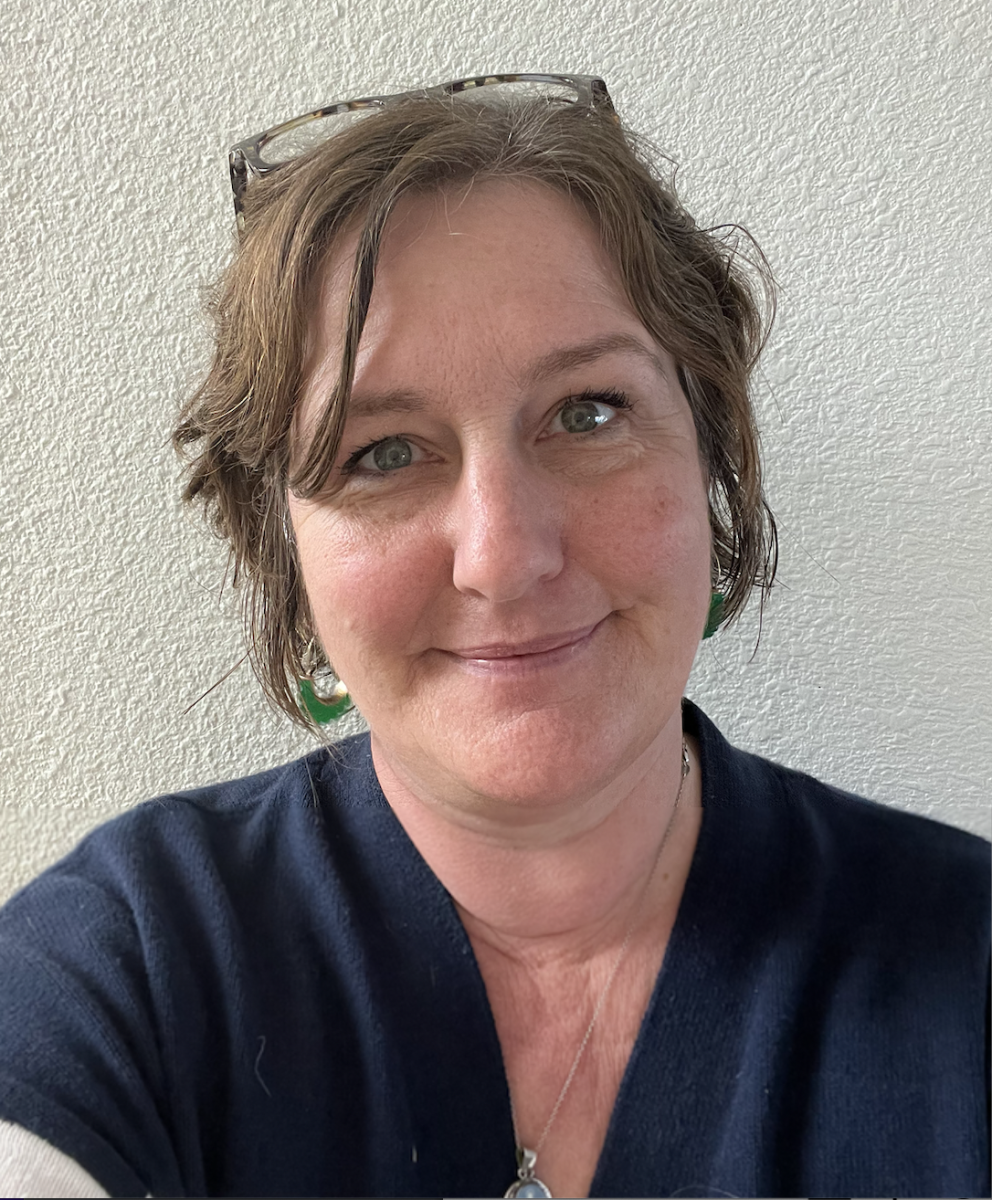
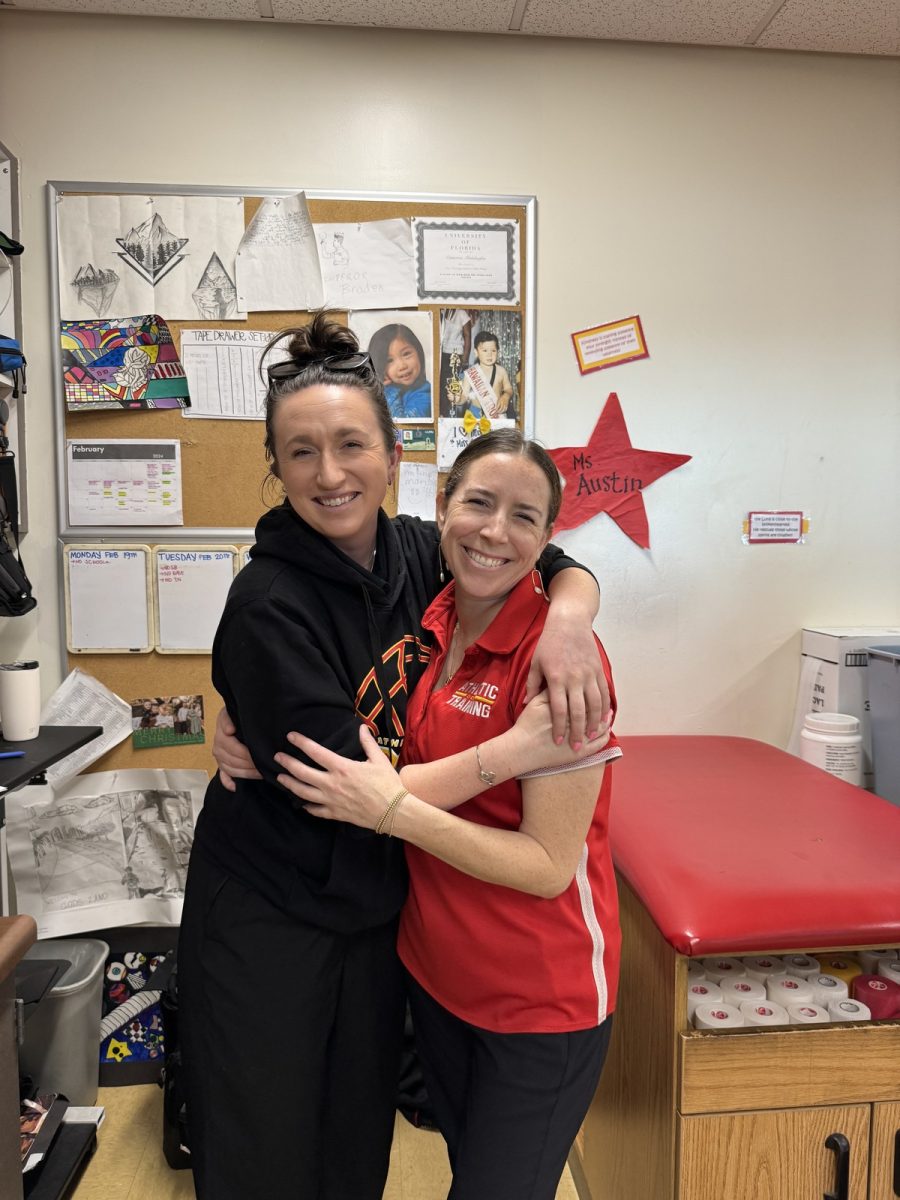
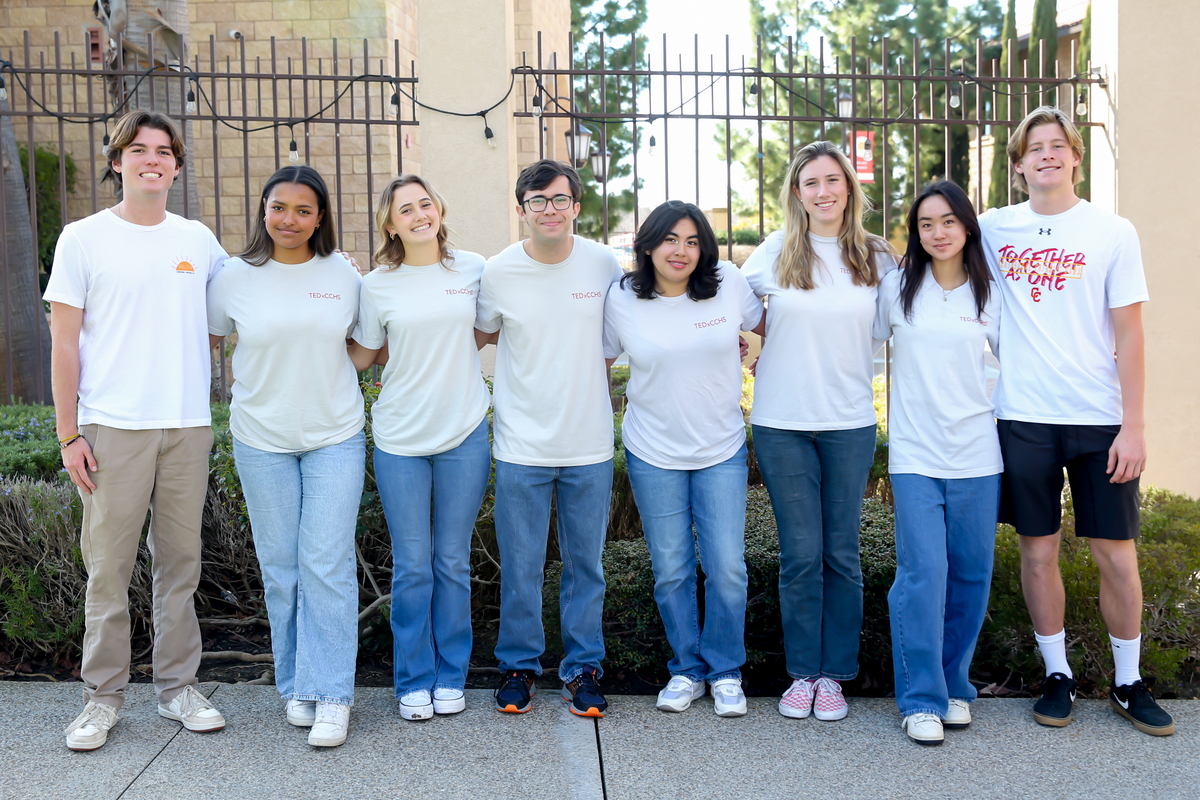

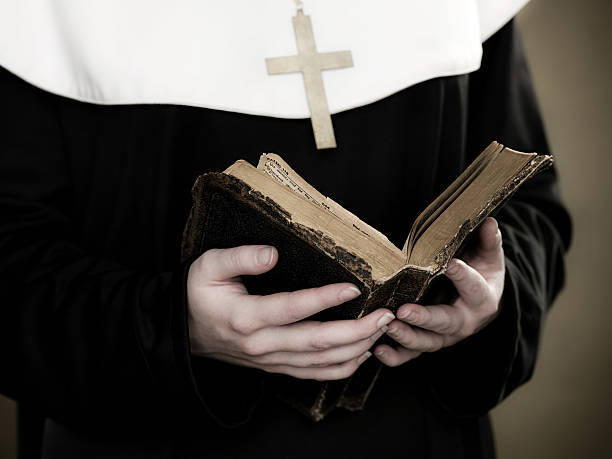

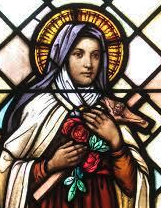
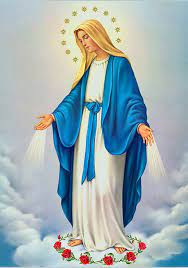
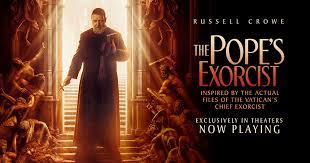
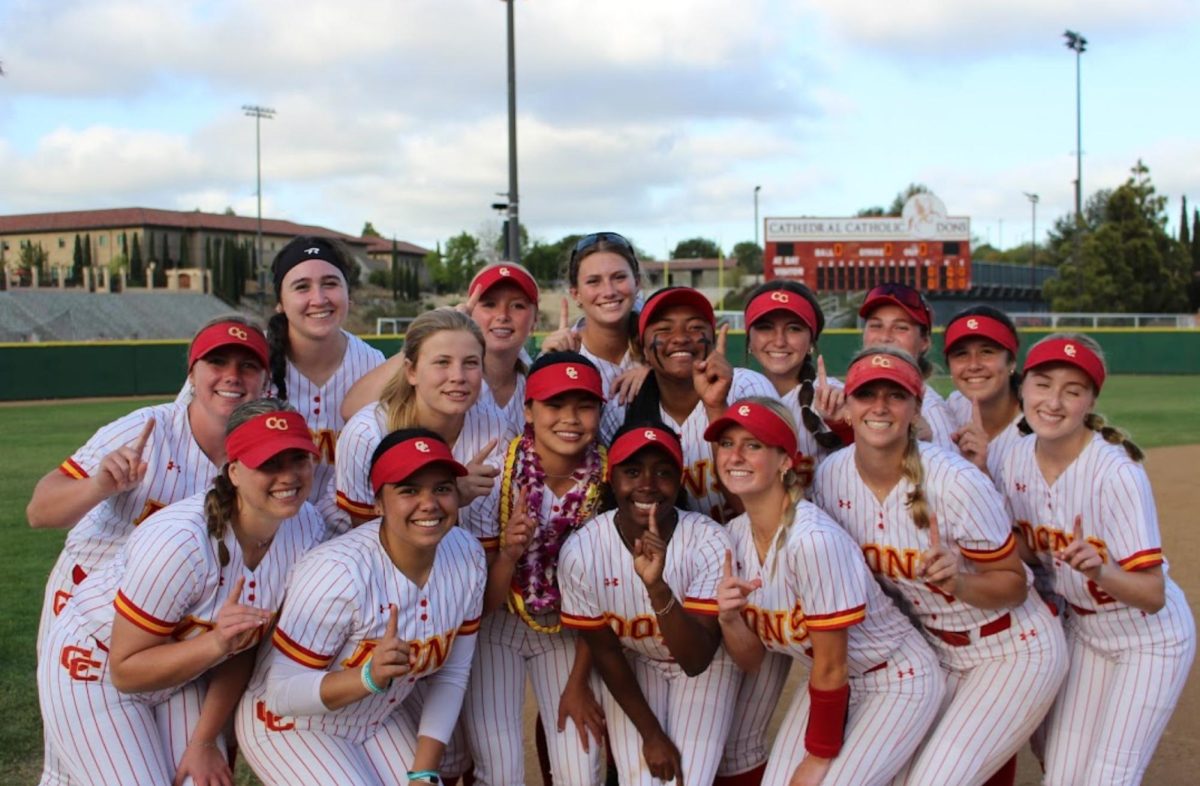
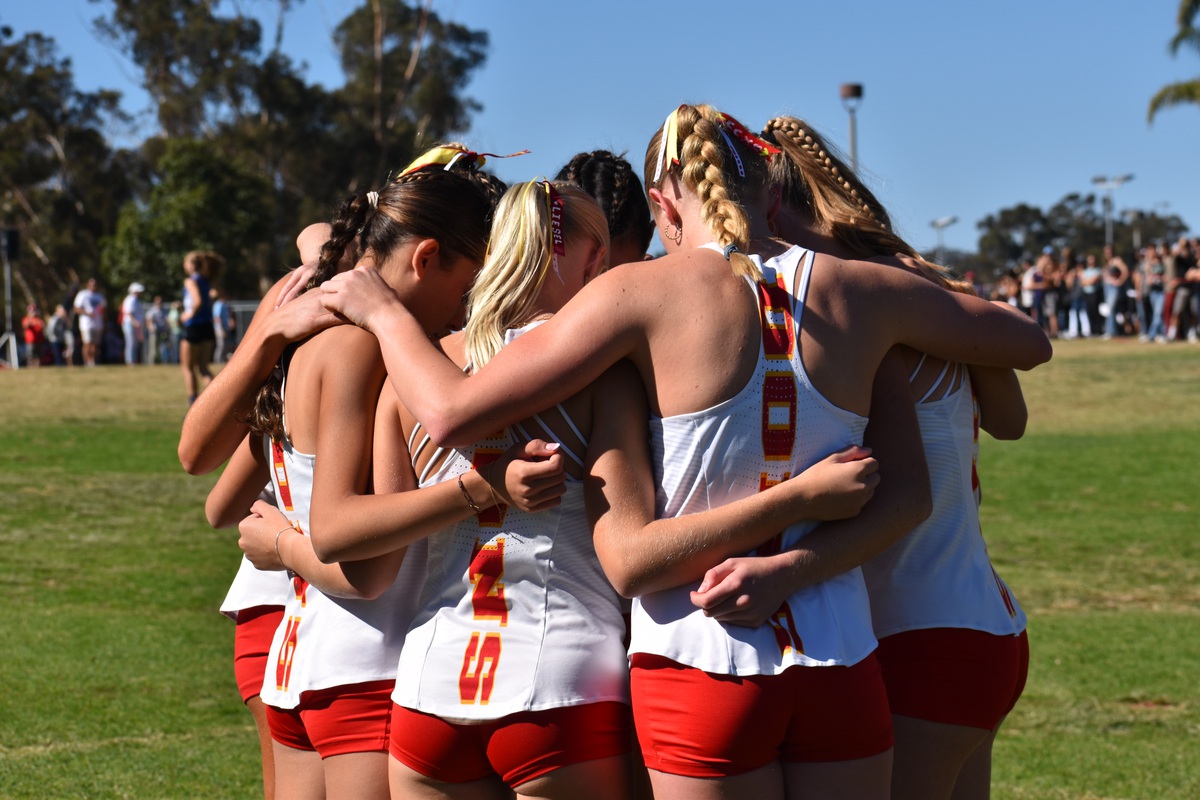
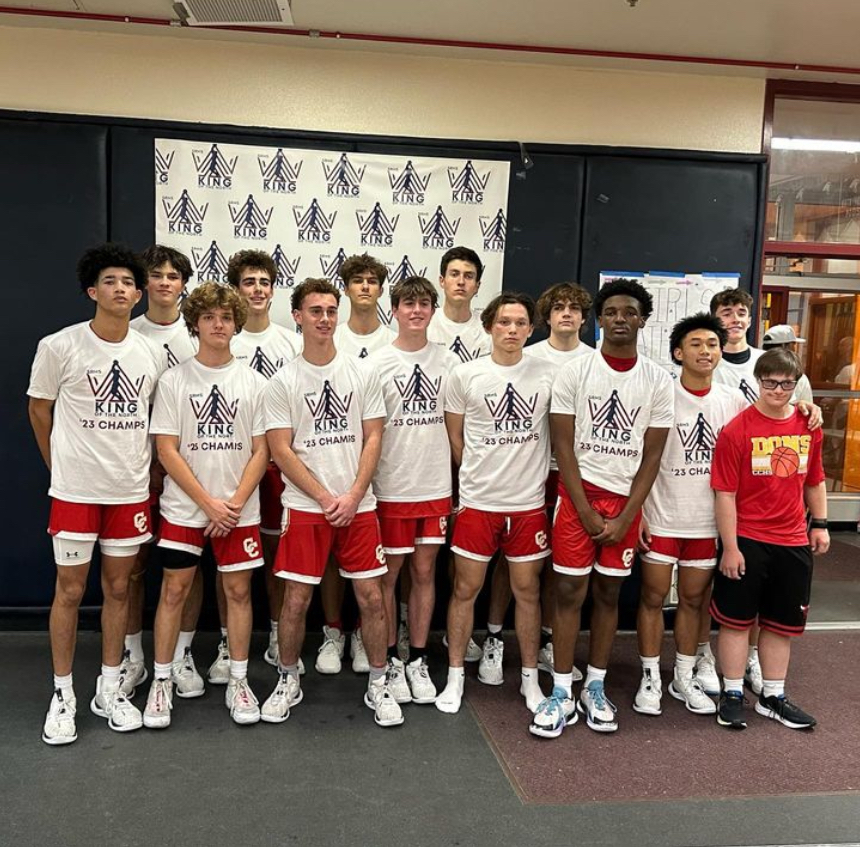
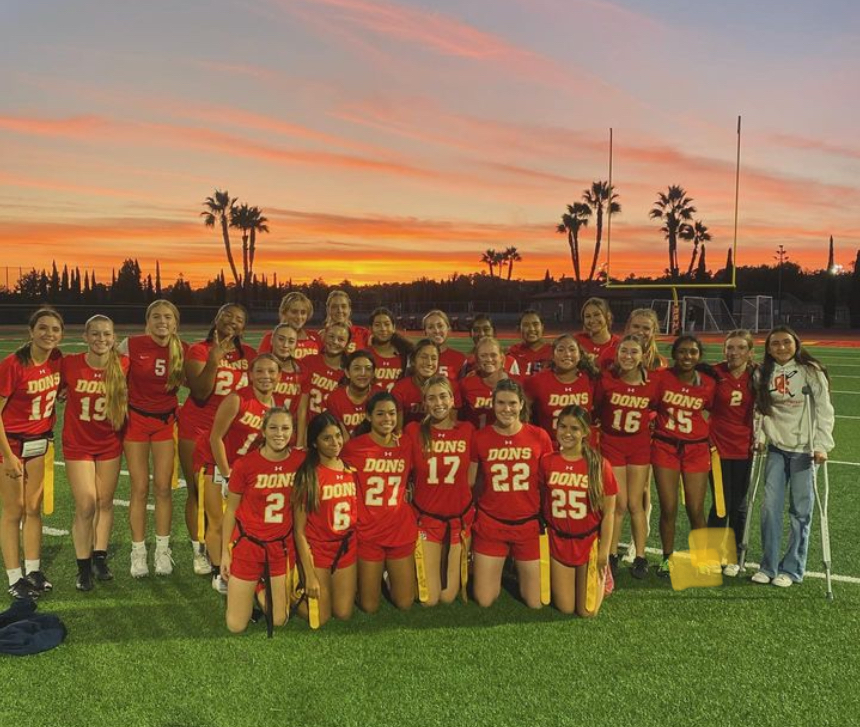




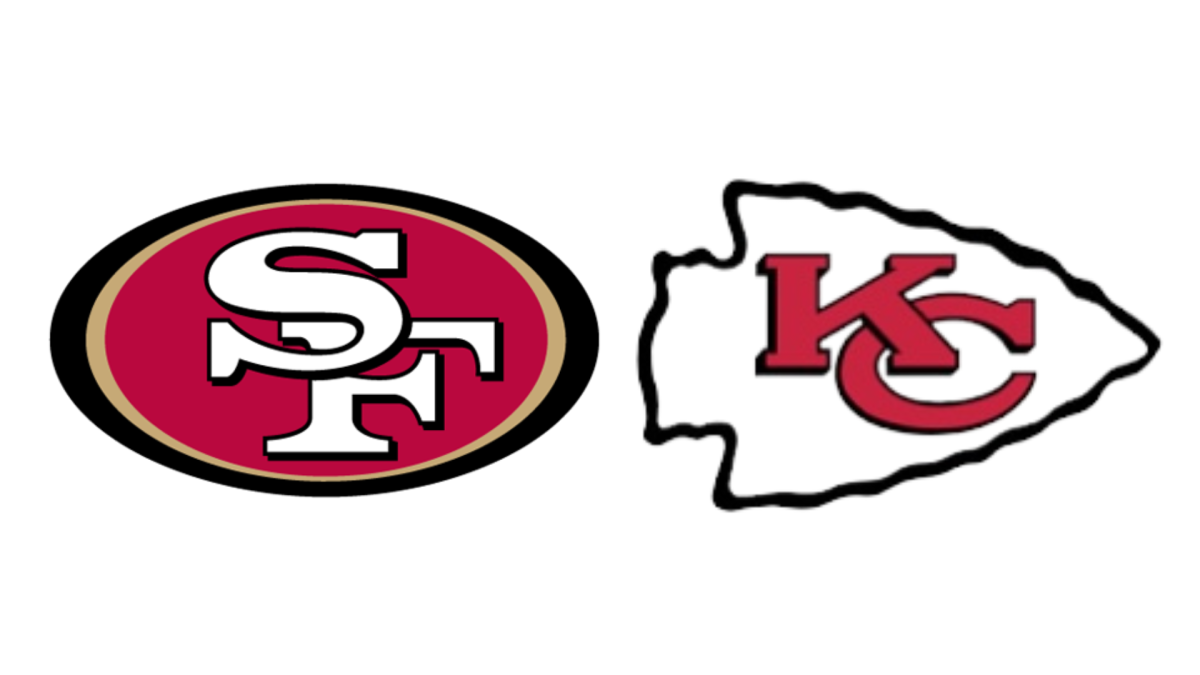



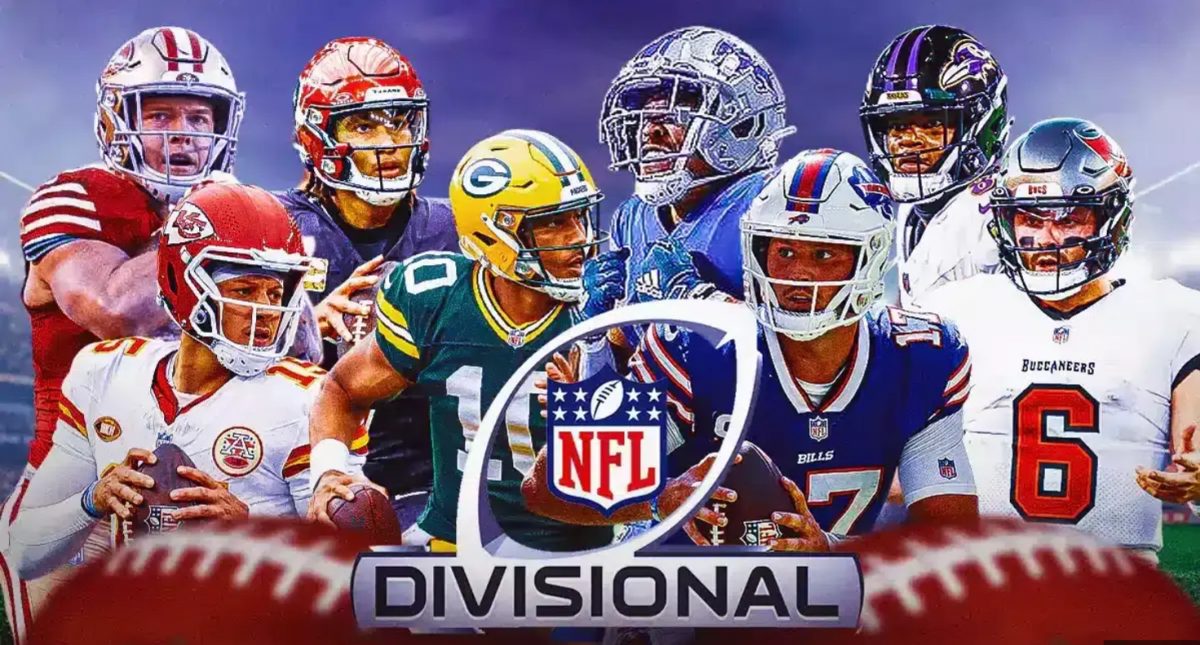
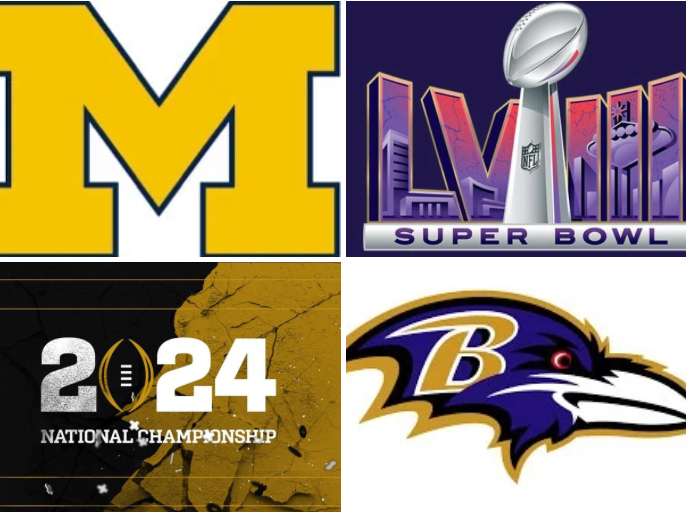



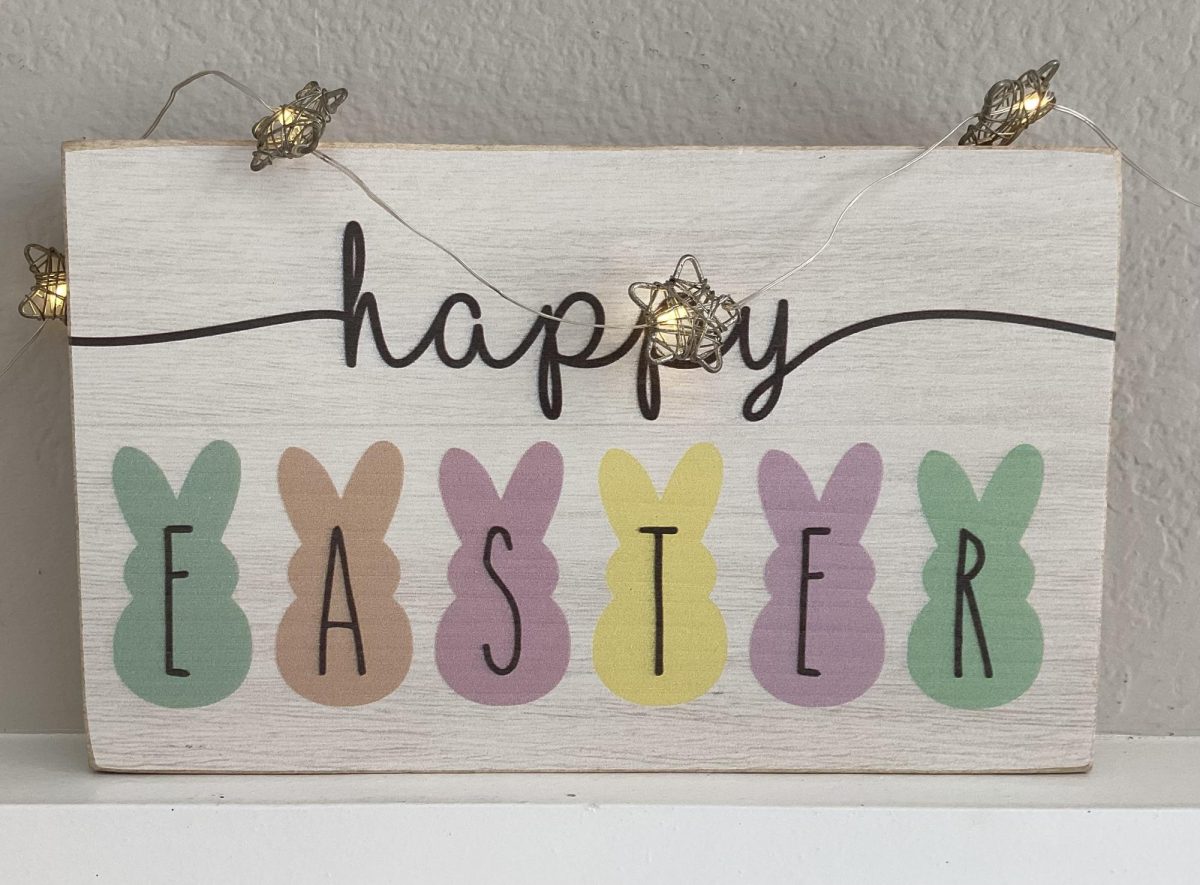
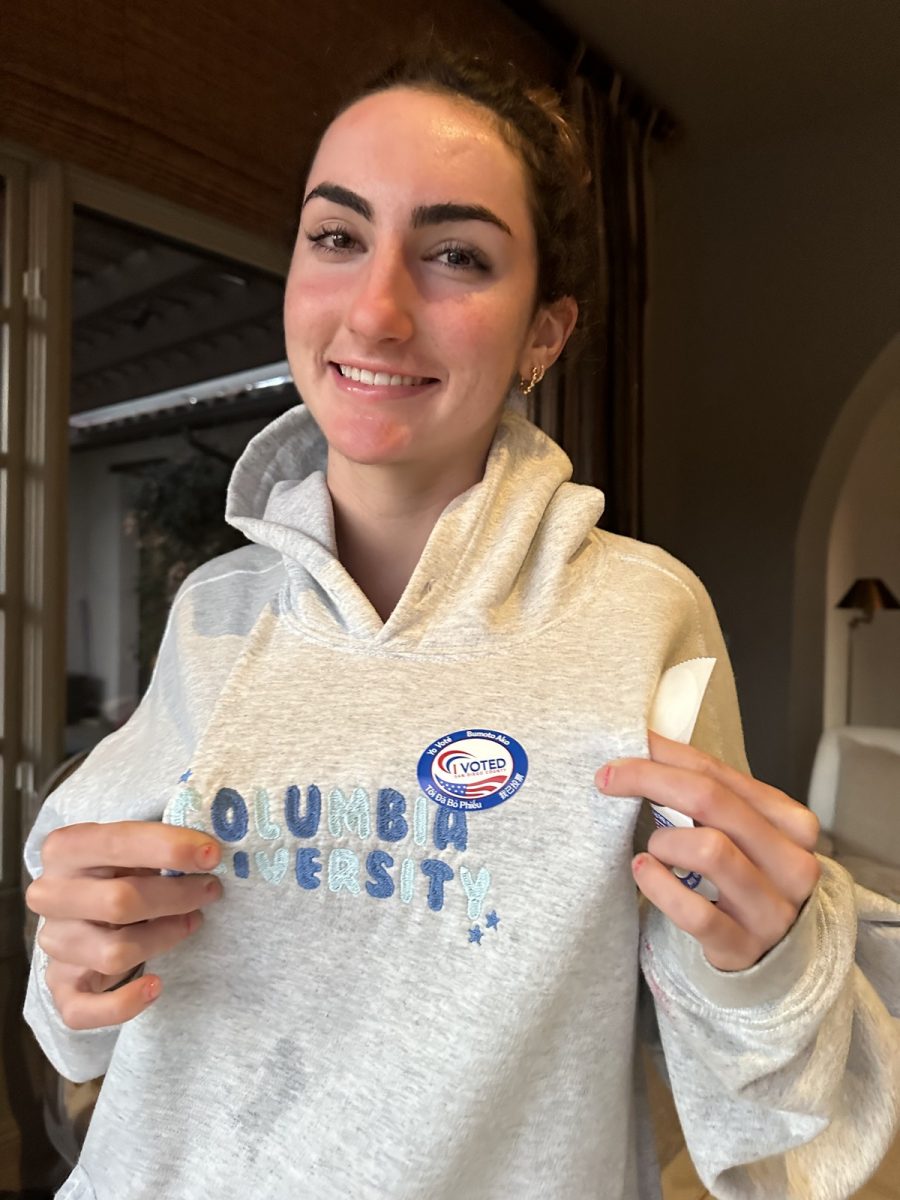
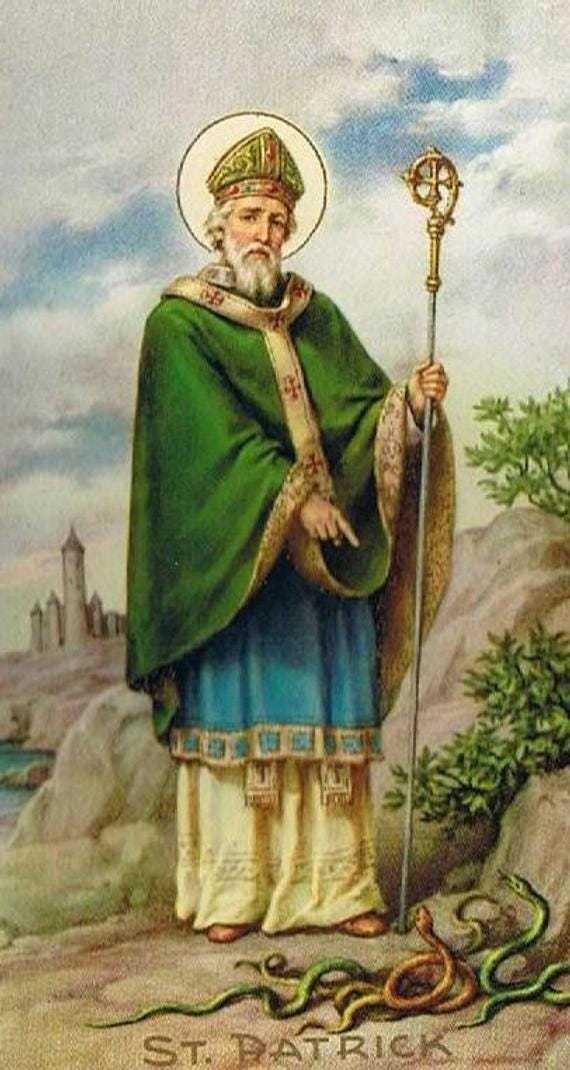




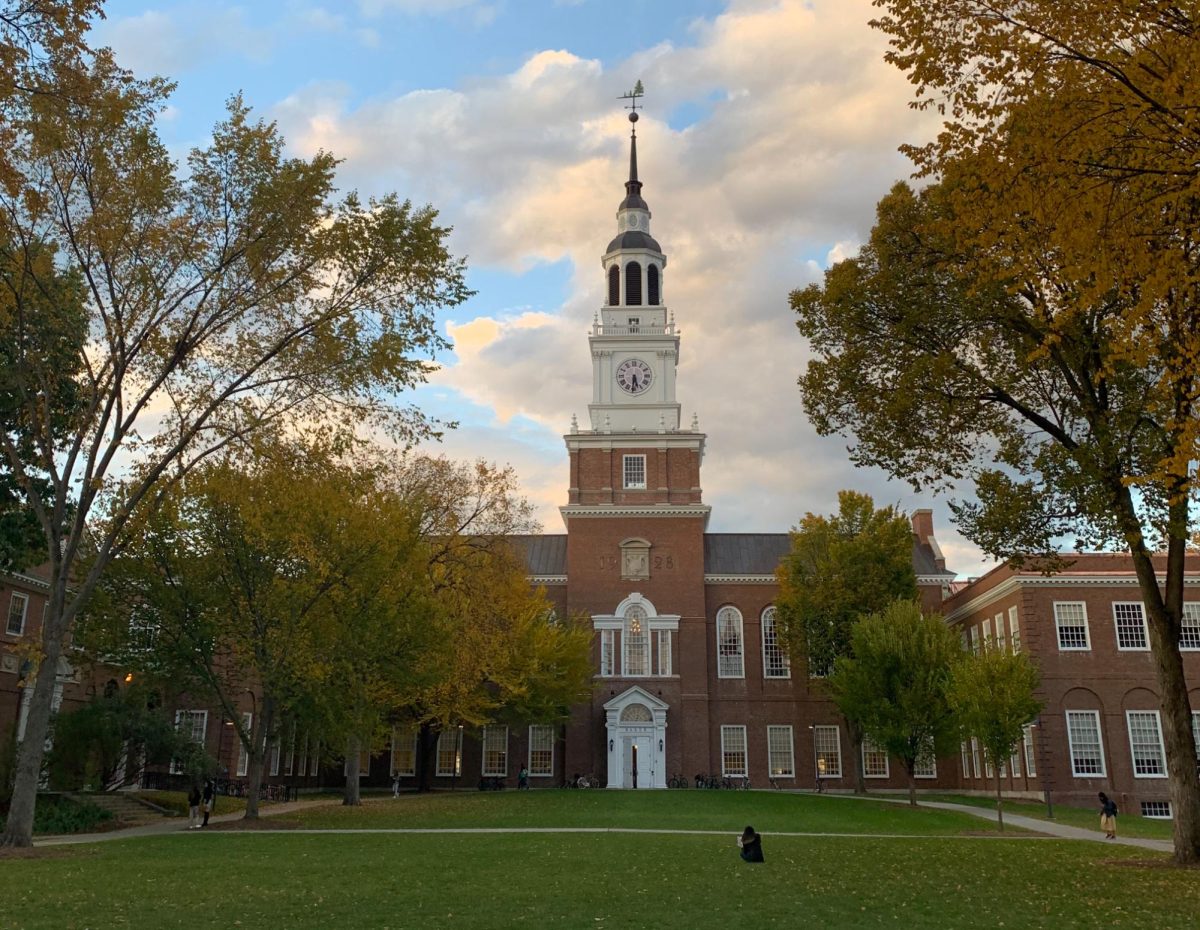


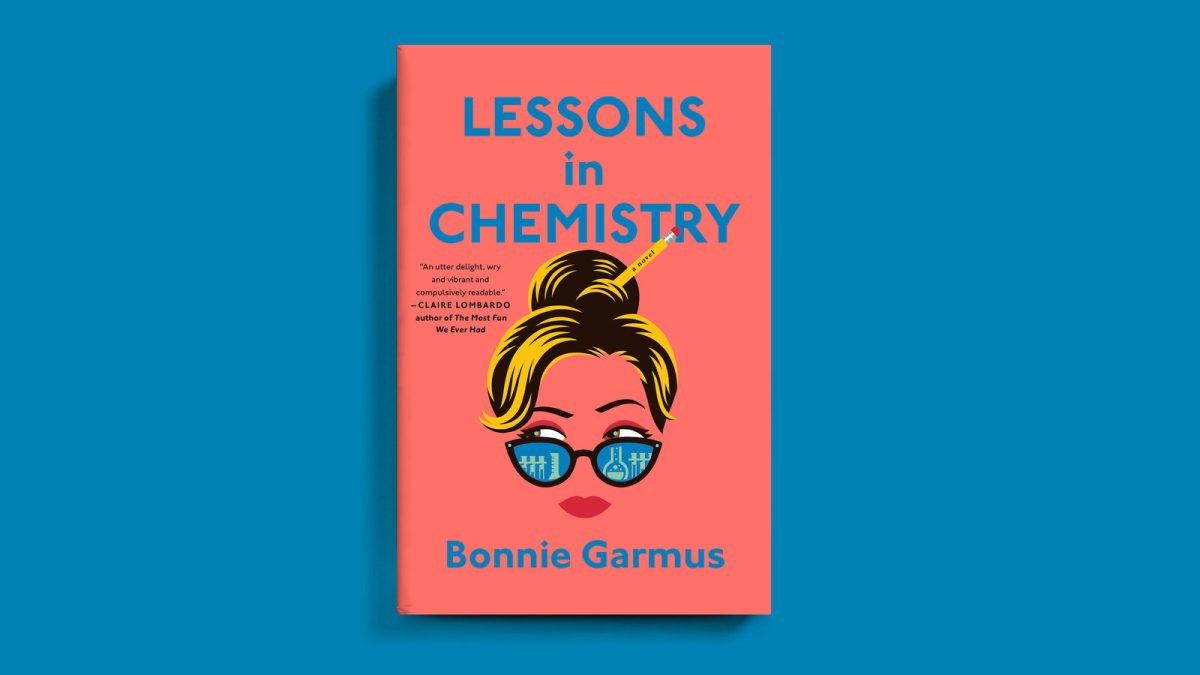
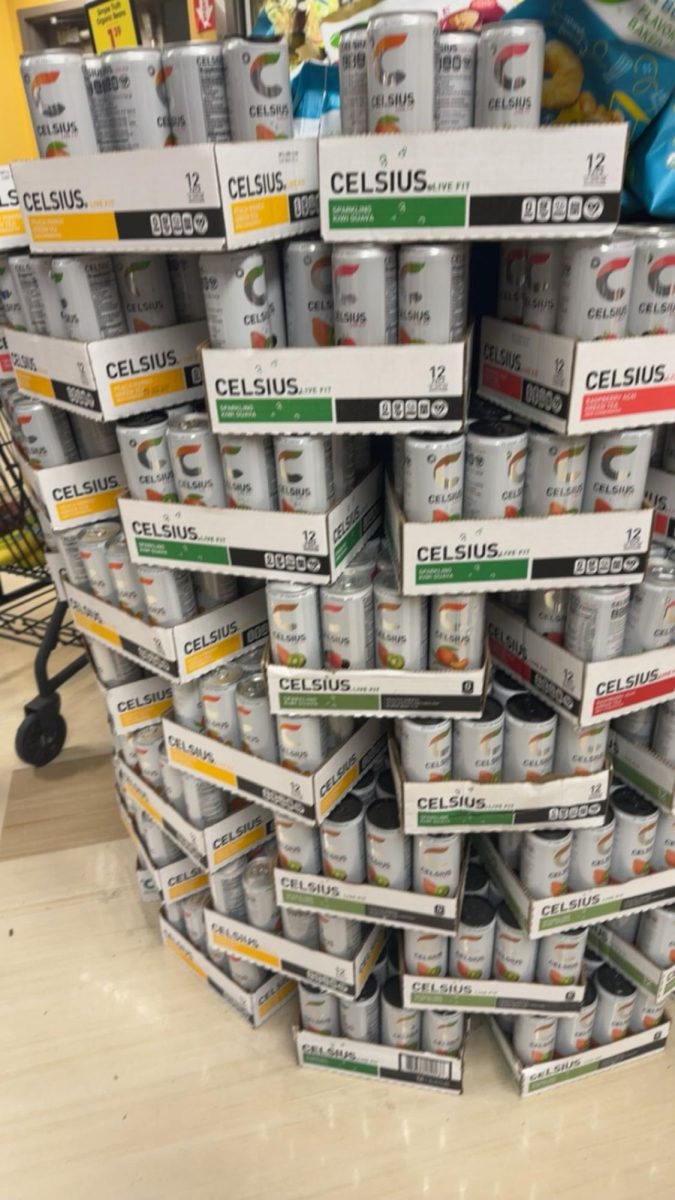


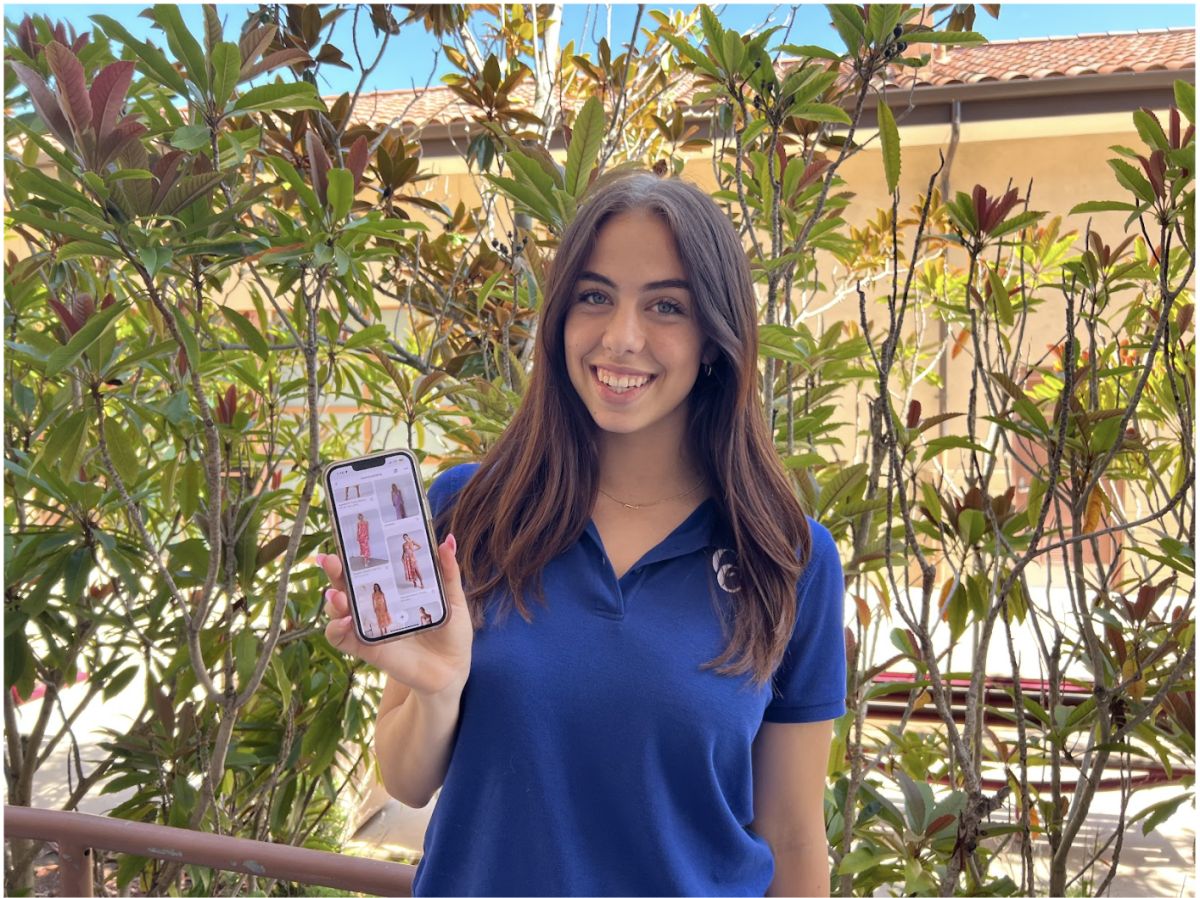

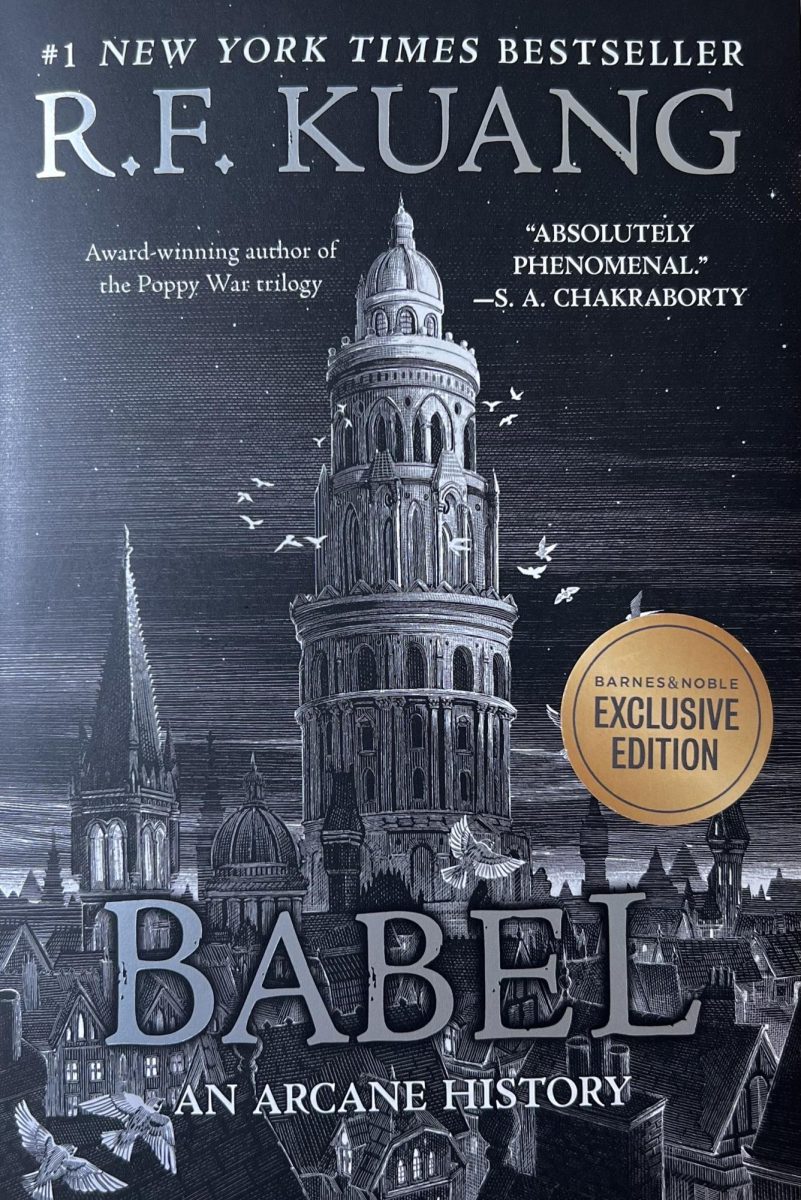
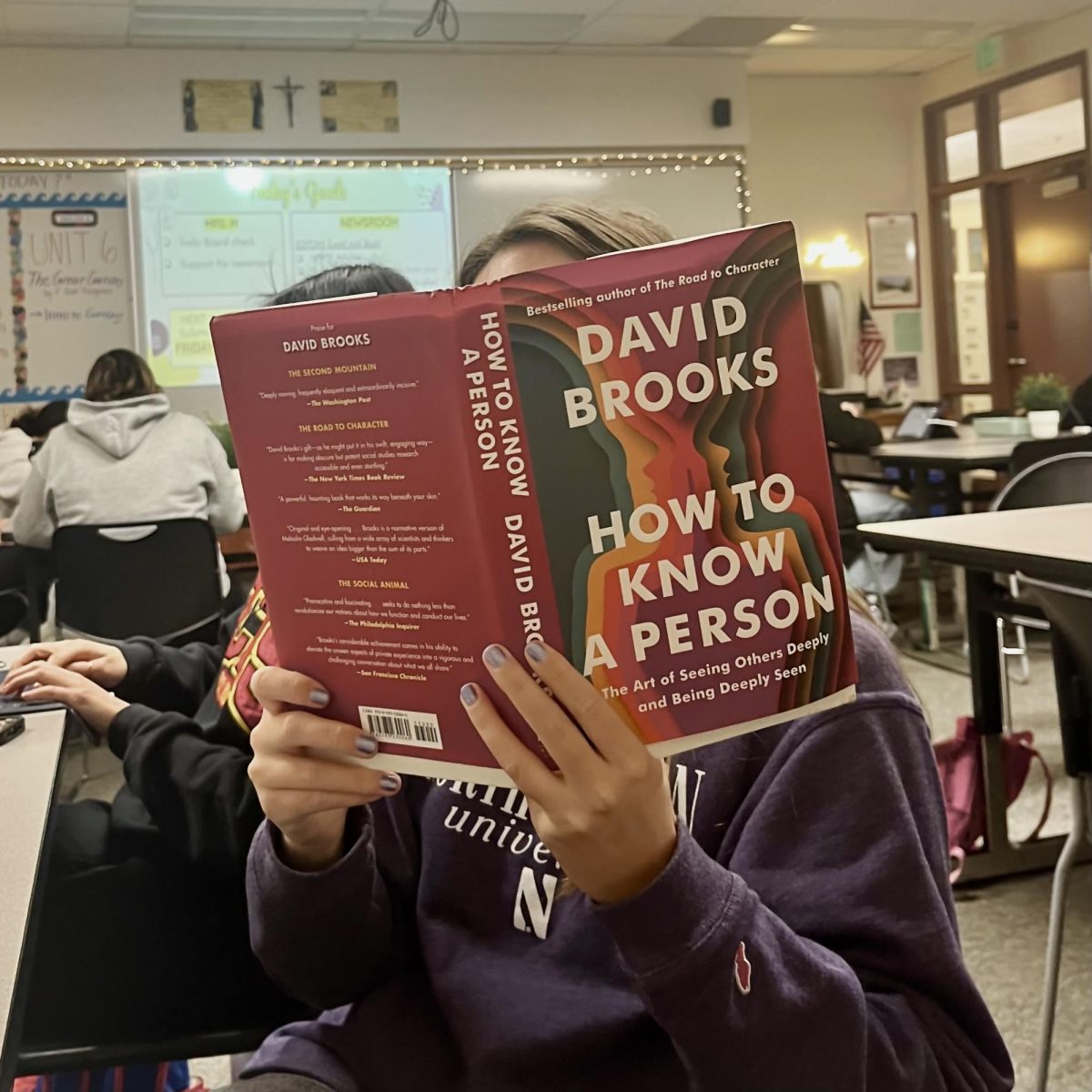
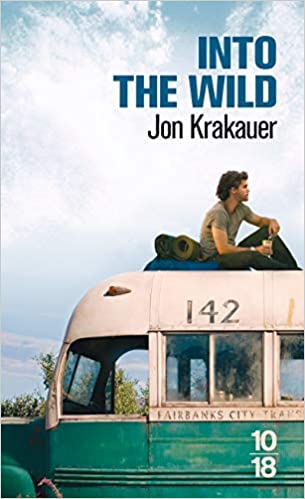



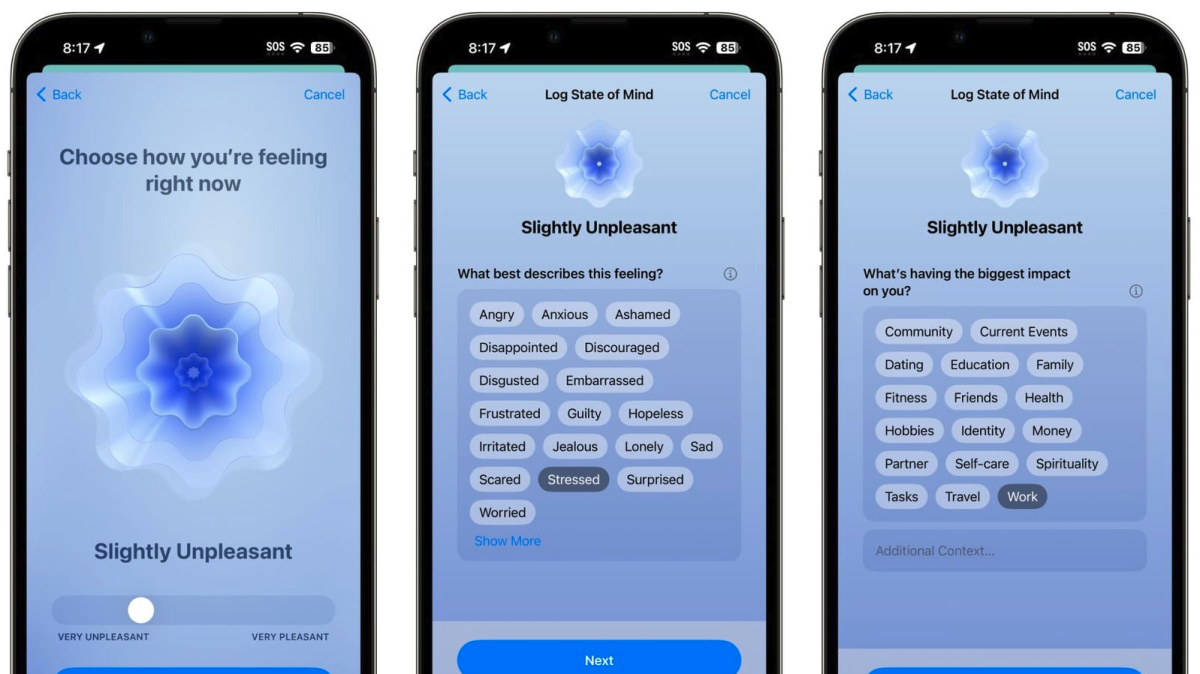

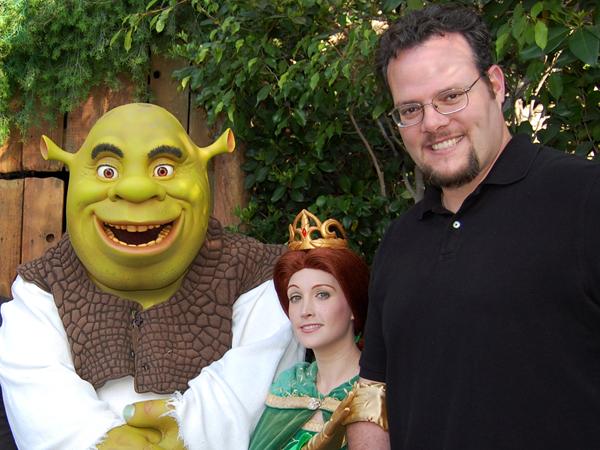
Mr. Kaufmann • Feb 1, 2011 at 10:02 PM
Very well written article. Nina’s commitment and dedication is very clear. A virtual pat on the back to all responsible!